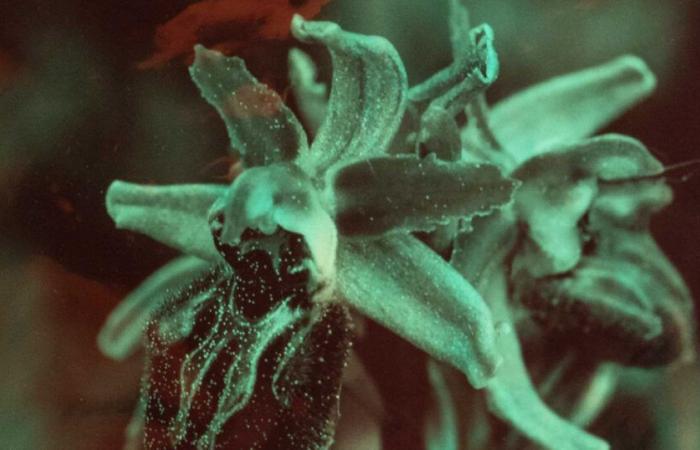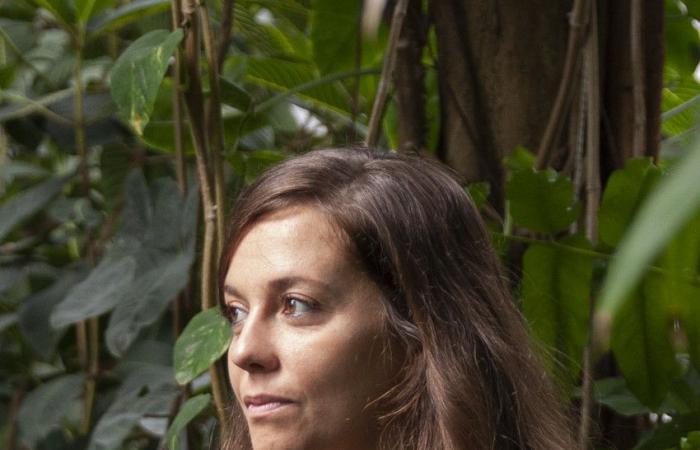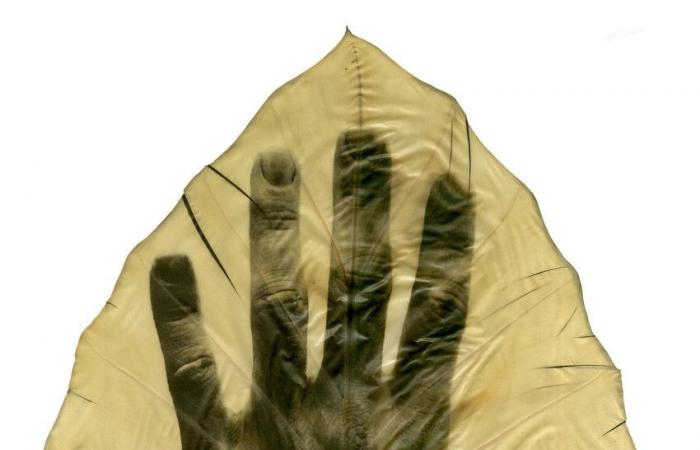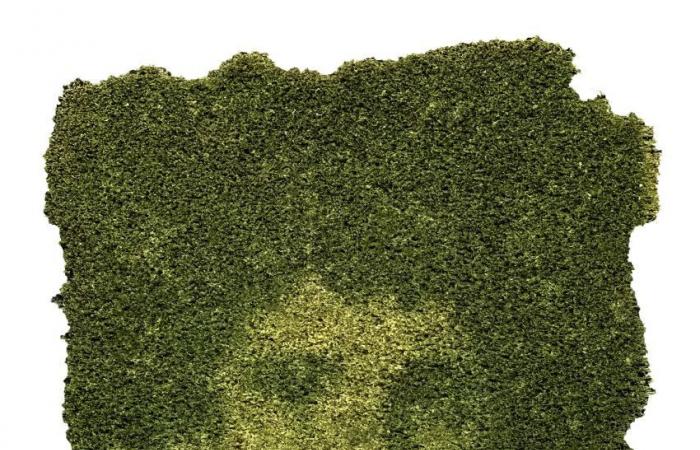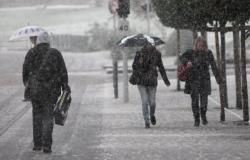Artists, plants? Affirmative, argues Almudena Romero, born in Madrid in 1986 and living in London, whose research continues to prove their agency – which is demonstrated by the exhibition at the Mep until January 19, 2025. “Why consider them incapable when other societies see them as superior entities invested with powers and a mystical aura? »she rightly asks, pointing out the limits of Western thought, which limits itself to hierarchizing the kingdoms of life.
Living Art
“Questioning how plants themselves make art – and not how they provide motifs – allows us to bring the “great sharing“between nature and culture”adds art historian Michel Poivert, comparing Romero’s performances to the exercises of John Baldessari (1931-2020), who in 1970 asked his students how plants could be used in art. Already, Growing Concerns (2017-2020) linked the tropical species trade to thorny issues of migration and colonialism. Archives tattooed leaves without ink or chemistry, by the sole action of the sun and critical thinking.
Almudena Romero ©Nicolas Jenot
The project of a lifetime
With The Pigment Change (2020-2024), Romero does it again: the time-lapse of a young shoot (series of photos showing its growth in time-lapse) or the portrait of its mother displayed on a watercress panel discussing production and reproduction at a time of climate change.
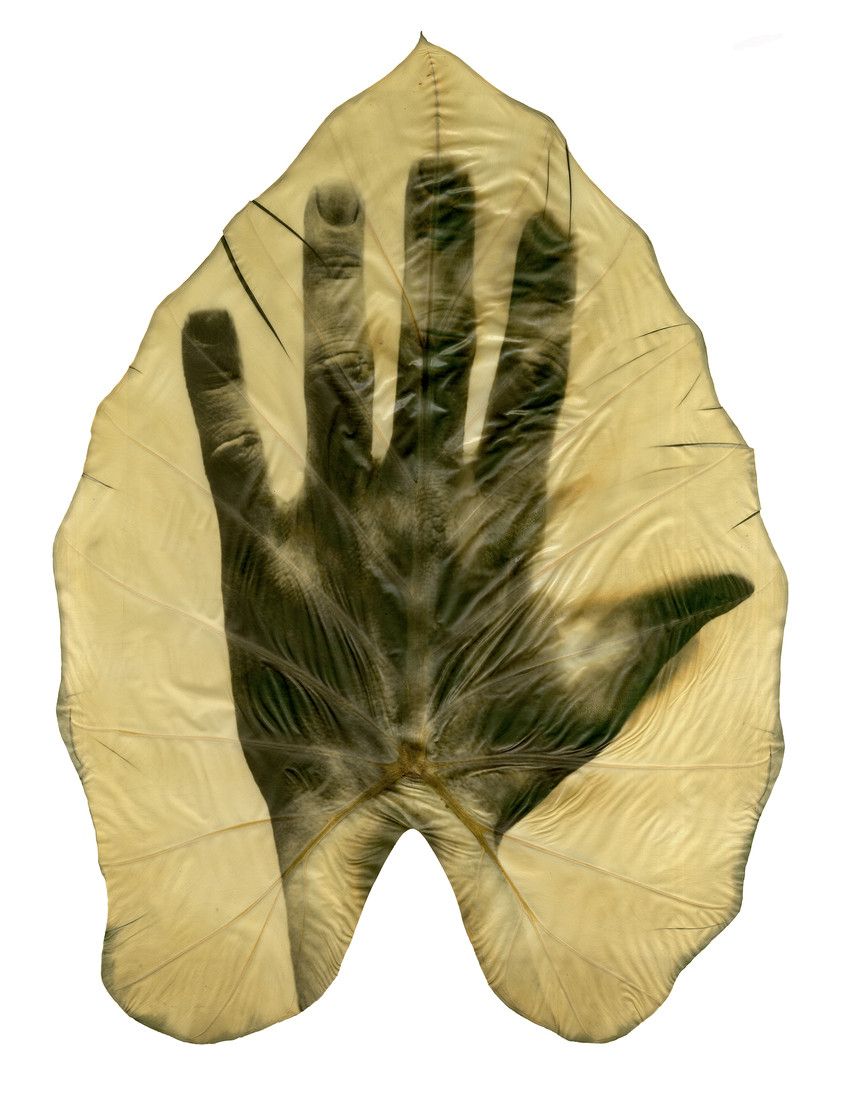
The Museum of Plant Arta traveling project that she intends to carry out for life, reaches a new milestone: the plant, transformed from object to subject, turns into an alter ego. A “counterintuitive but essential perspective”which deploys “the range of complex visual, auditory and olfactory experiences that wildflowers provide to pollinators”. Thus these iridescent cellulose plates, materials for thinking about “miniature intelligence”, which verify the hypothesis of an “art for which humans are not the target audience”.
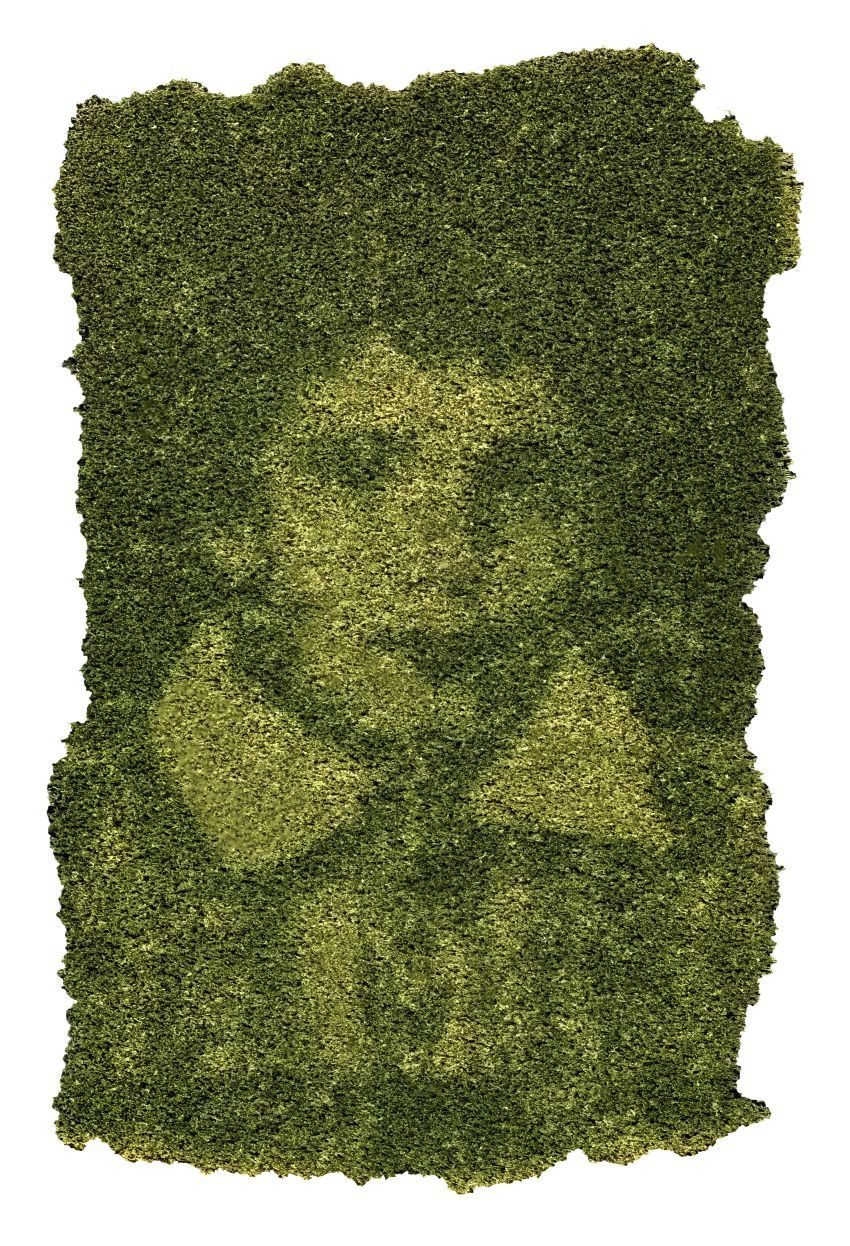 Almudena Romero, Carleseries The Pigment Change. Family Album2021, photograph printed on watercress by photosynthesis.
Almudena Romero, Carleseries The Pigment Change. Family Album2021, photograph printed on watercress by photosynthesis.1986 Birth of Almudena Romero in Madrid.
2012 Masters in Photography at the University of the Arts London.
2020 Nominated for the Prix Pictet. Winner of the BMW Art Makers Residency.
2021 “The Pigment Change”, solo exhibition at the Rencontres d’Arles.
2023 Collaborates with the Plant/Microbe/Environment Interactions Laboratory at the INRAE Occitanie-Toulouse center.
2024 “Living photographs”, residency and workshop at the Albert Kahn museum in Boulogne-Billancourt.
2025 Farming a photographphotograph of three hectares “cultivated” in a wheat field near Toulouse.
 Almudena Romero, Empire Windrush, series Growing Concerns, 2018, photograph printed on taro leaf.
Almudena Romero, Empire Windrush, series Growing Concerns, 2018, photograph printed on taro leaf.Almudena Romero, “The Museum of Plant Art”
MEP – European House of Photography, 5-7 rue de Fourcy, 75004 Paris
from October 16 to January 19
The Museum of Plant Art presented by Michel Poivert. Palais de Tokyo. June 2023

